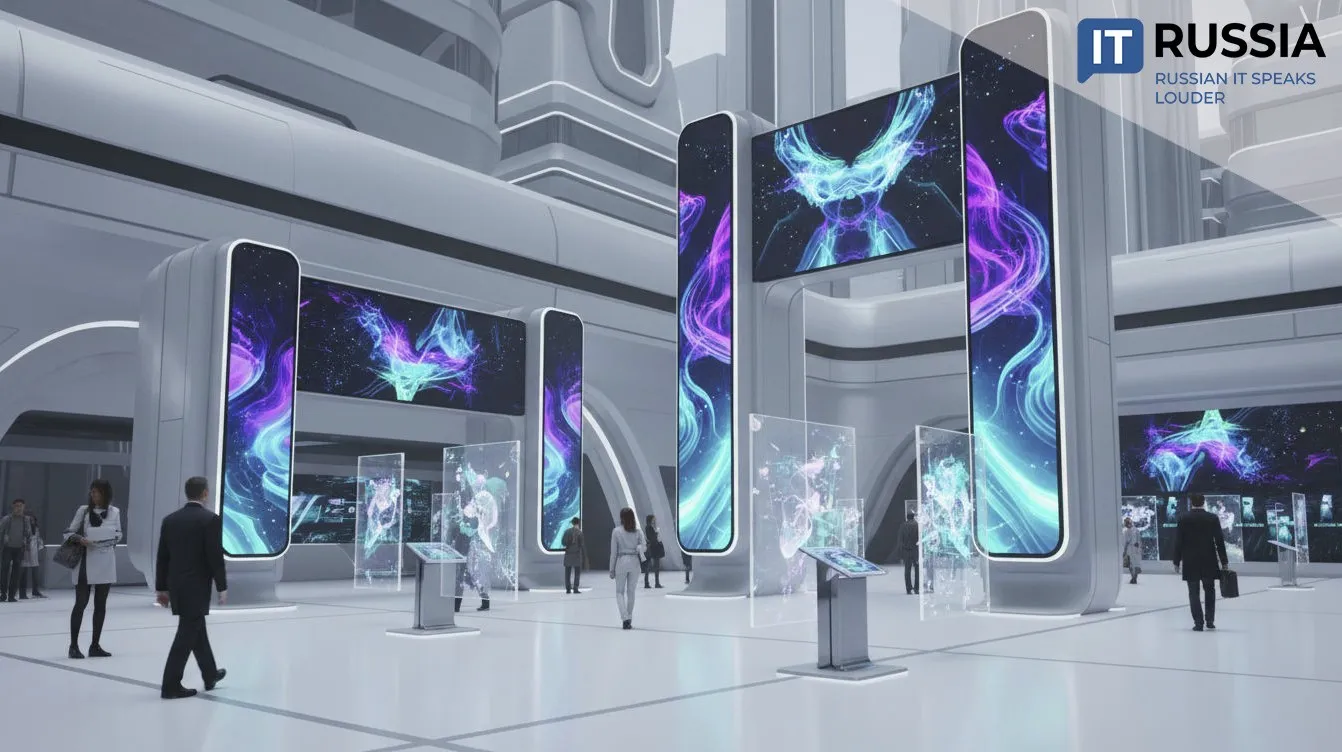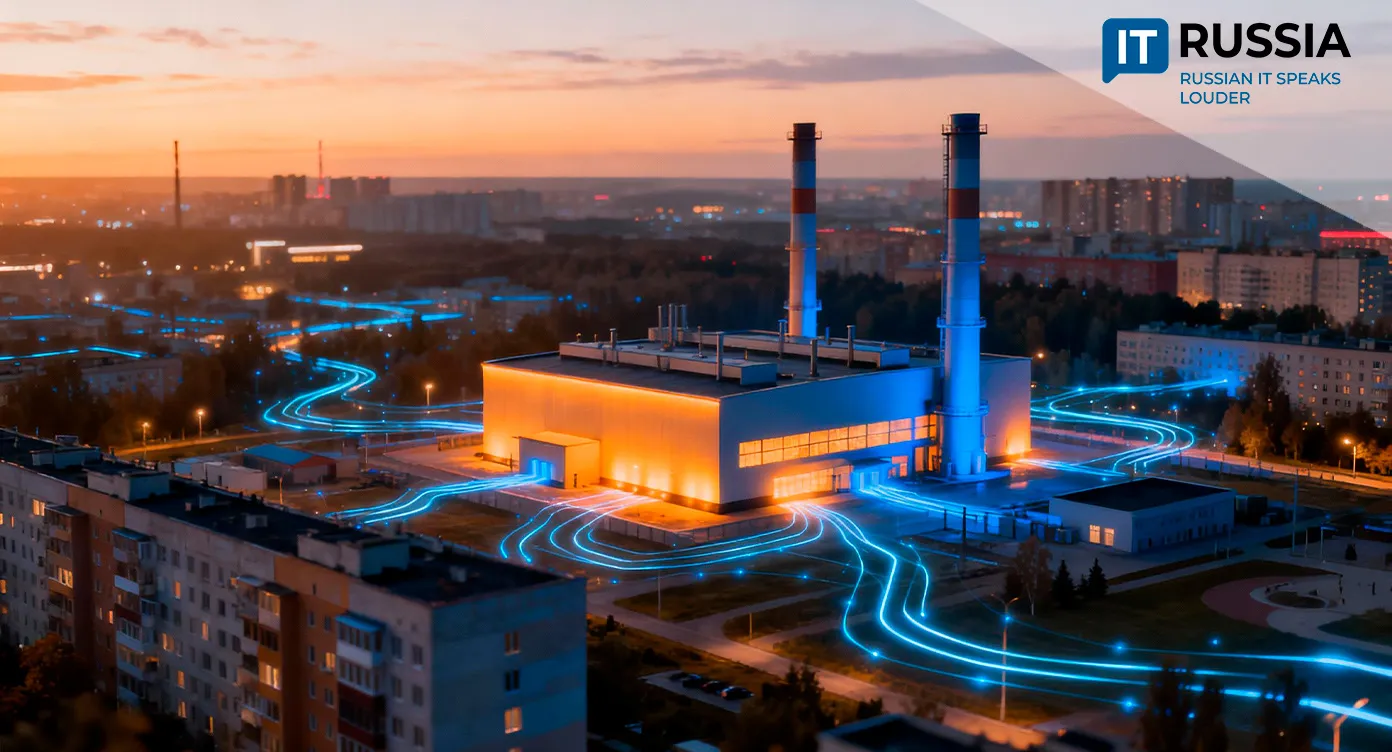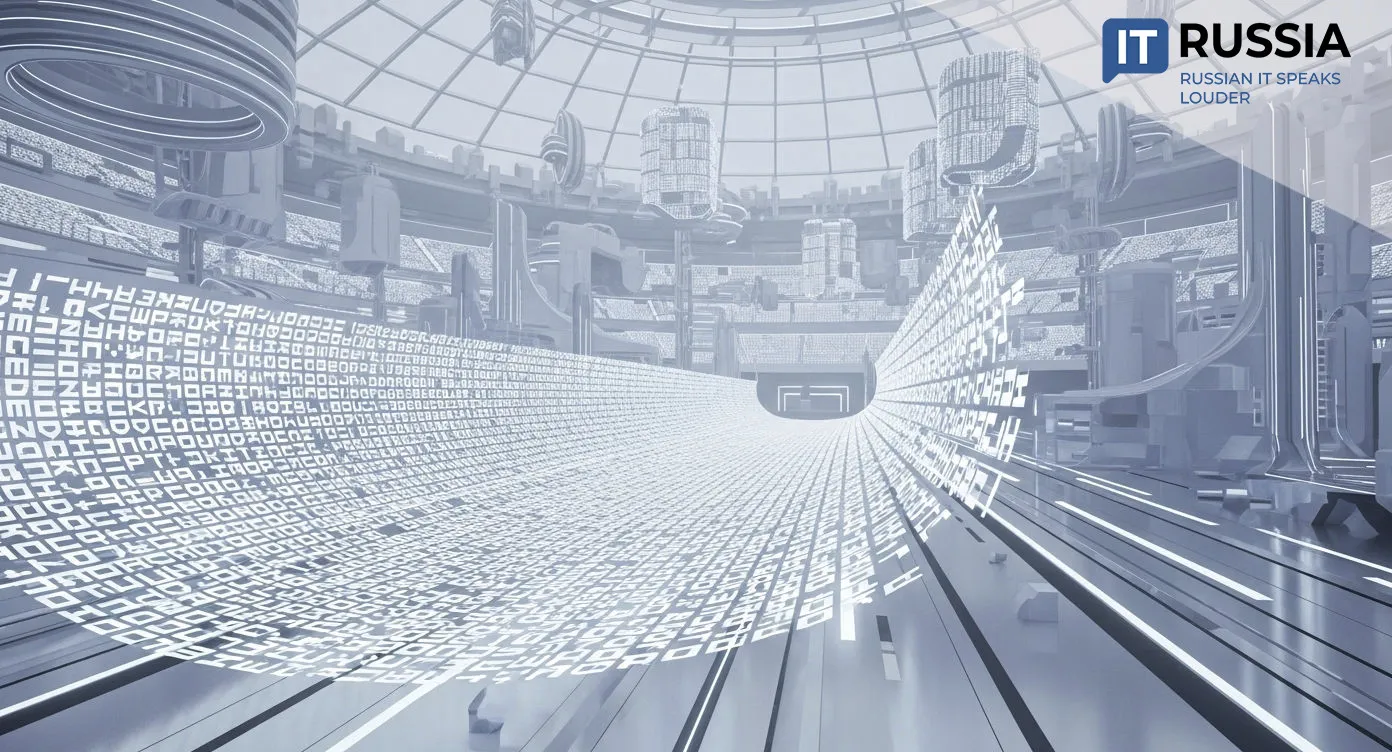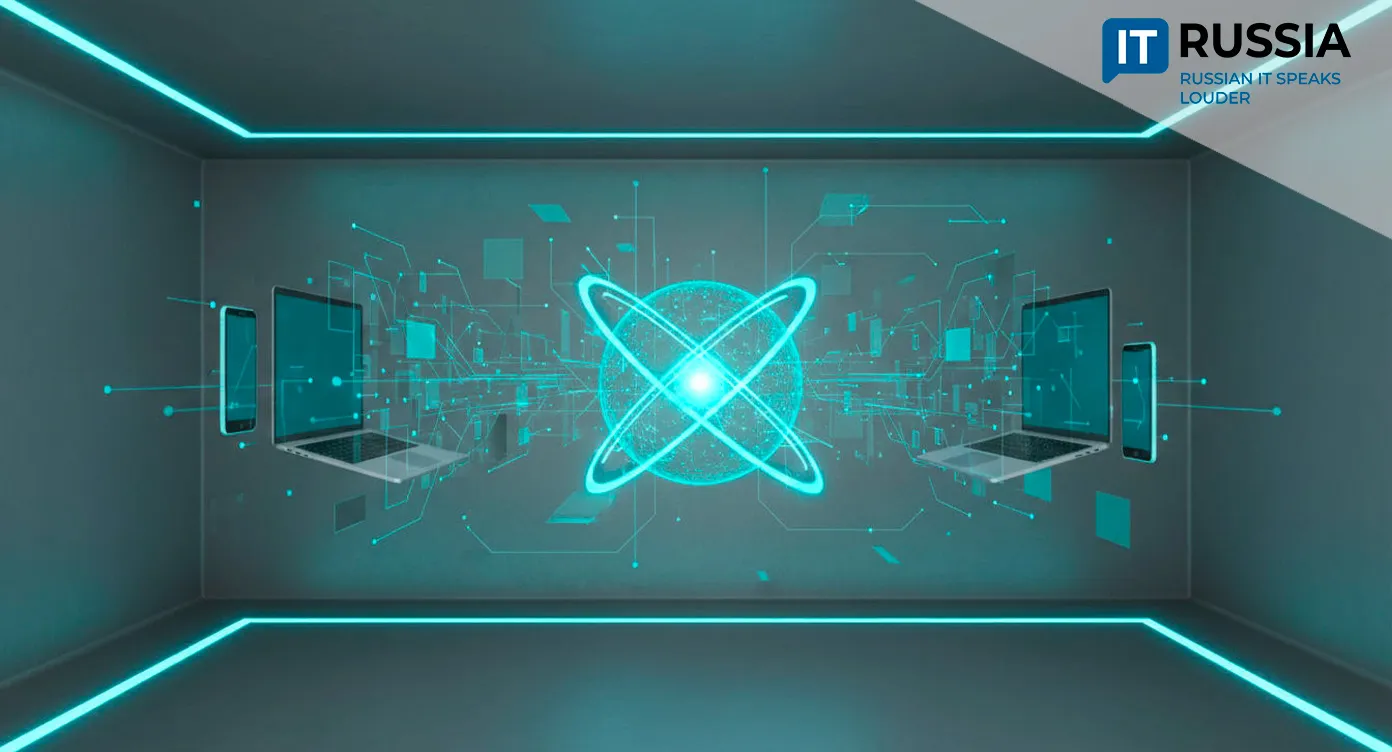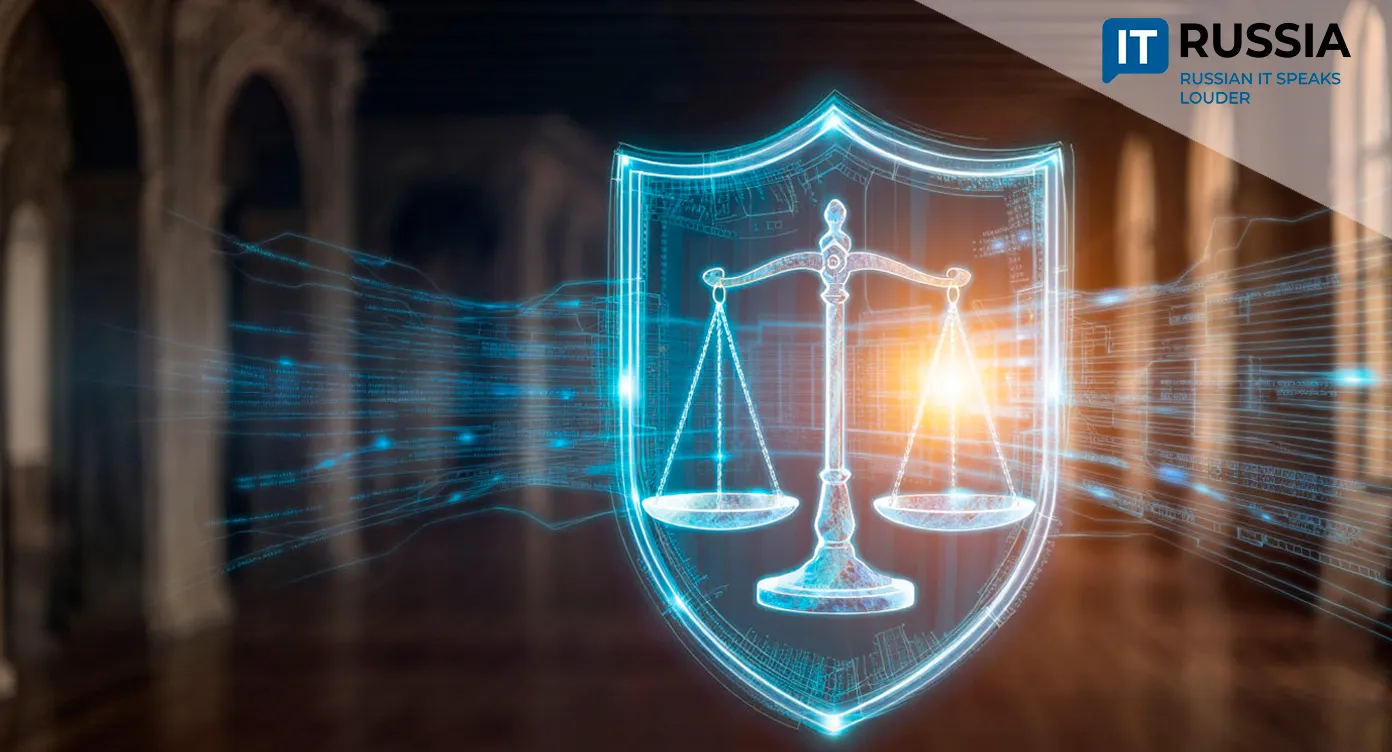Quantum Leap: Russia Builds the Backbone for Next-Gen Secure Communications

As the global telecom industry races toward ultra-secure, high-speed infrastructure, Russia is staking its future on quantum communications. Quietly but strategically, the country is expanding a nationwide quantum fiber network—one of the largest of its kind in the world.
At the heart of this development is a pressing challenge: how to secure data transmission in a world where classical encryption is on borrowed time.
Why Quantum Now?
Today’s encryption relies on mathematical complexity—but within the next decade, the arrival of scalable quantum computers could render these methods obsolete. In quantum communications, however, information is encoded in the quantum states of photons—usually light particles. Unlike conventional data streams, these photons cannot be copied or intercepted without detection, thanks to the principles of quantum key distribution (QKD). Any tampering triggers immediate alerts.
This makes quantum networks not just faster, but fundamentally safer. In the words of one Russian engineer: "We’re not building faster towers—we’re building networks that hackers can’t touch."
Russia’s Growing Quantum Infrastructure
Russia launched its first quantum backbone in 2021—a 700-kilometer line that was, at the time, the longest in Europe. Built by Transtelecom, a subsidiary of Russian Railways, the network has since expanded rapidly. By the end of 2024, the quantum backbone stretched more than 7,000 kilometers, connecting major cities including Moscow, St. Petersburg, Kazan, Sochi, and Yekaterinburg.
This is no isolated pilot. The infrastructure is being developed as a national priority, supported by a consortium of major stakeholders: Gazprom, Rostelecom, Rosatom, and the Russian Railways corporation, among others.
Domestic Tech, Strategic Independence
To protect the project from potential sanctions or supply chain disruptions, Russia has taken a domestically focused approach. The bulk of the hardware—photon generators, encryptors, network controllers—is being designed and built within the country. In late 2024, the Russian Federal Security Service (FSB) certified new quantum communication equipment developed by Infotecs and SMARTS-Quanttelecom, paving the way for commercial deployment.
Additionally, universities including Moscow State University, MISIS, and MTUCI are running regional quantum networks, with three more institutions in Tomsk set to join in 2025.
Use Cases: Strategic Now, Public Later
While commercial deployment for consumers remains years away due to high costs, current demand is robust. The first adopters are security-sensitive organizations: defense ministries, financial institutions, research centers, and critical infrastructure operators. As one analyst noted, "It’s not a question of whether quantum communication becomes essential—it’s a matter of when."
The long-term implications are clear. As global data breaches grow more sophisticated, traditional encryption may no longer suffice. For industries that handle sensitive transactions or personal data, quantum-secure lines could become the new standard.
Global Implications and Competitive Pressure
Russia’s move is a signal to the global telecom industry: the quantum era isn’t science fiction—it’s infrastructure planning. While China and the EU have made headlines with similar ambitions, Russia is now operating one of the world’s most extensive operational networks.
For telecom players worldwide, this sets a precedent in risk mitigation, digital sovereignty, and post-5G security strategies.
Looking Ahead
As geopolitical tensions continue to reshape digital policy, Russia’s proactive investment in quantum infrastructure is not merely a defense strategy—it’s a technological hedge on the future. By laying this groundwork now, the country is positioning itself to leapfrog vulnerabilities that could paralyze legacy networks in the next computing wave.
Quantum communications won’t replace telecom towers tomorrow—but in Russia, they’re already complementing them. And in doing so, they’re redefining what secure connectivity means in the 21st century.



